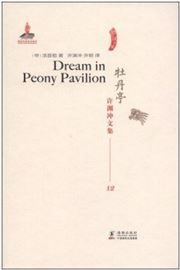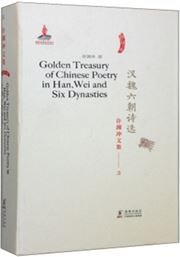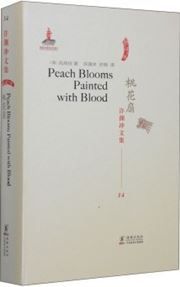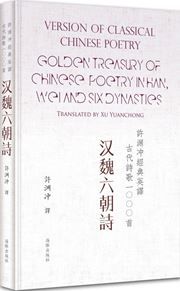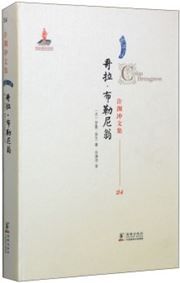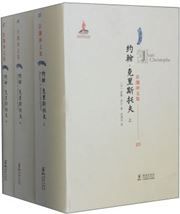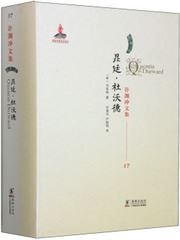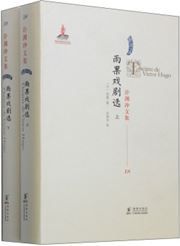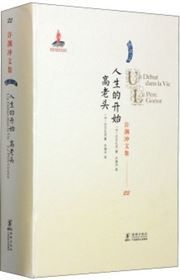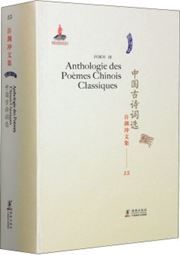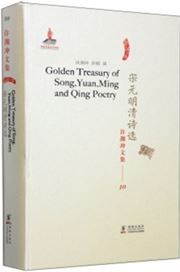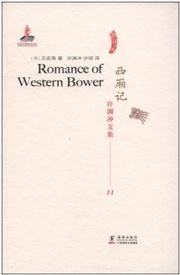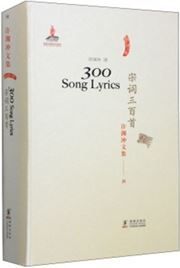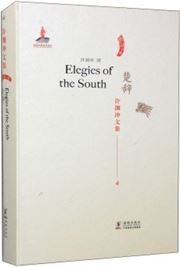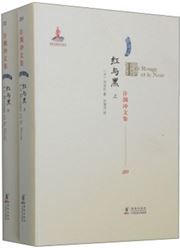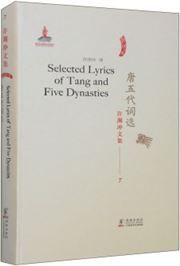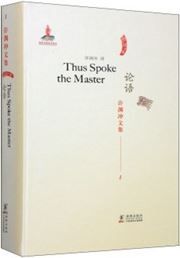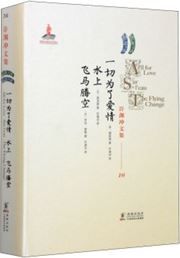Dream in Peony Pavilion
牡丹亭 - 许渊冲文集 12
Publisher:
Dolphin Books
Publication:
1/2013
Languages:
English, Chinese
Binding:
Hardcover
ISBN/SKU:
9787511014221
Pages:
286
Sizes:
218 x 150mm
Weight:
0.5200
On OrderTo be dispatched within 4 weeks
Special Price
£14.76
£14.76
Regular Price
£15.95
(€16.53)
Dream in Peony Pavilion is a play written by Tang Xianzu in the Ming Dynasty and first performed in 1598 at the Pavilion of Prince Teng. One of Tang's 'Four Dreams', it has traditionally been performed as a Kunqu opera, but Chuan and Gan opera versions also exist. It is the most popular play of the Ming Dynasty, and is the primary showcase of the Guimendan role type. All Kun theatre troupes include it in their repertoire. Recent adaptations have sought to inject new life into one of China's best-loved classical operas, though such efforts have met with opposition from the Kun opera traditionalists.
《牡丹亭》全名《牡丹亭还魂记》,是汤显祖的代表作,在中国乃至世界戏剧史上都有着重要地位。全剧以“情”为主线,通过杜丽娘和柳梦梅生死离合的爱情故事,洋溢着追求爱情婚姻自由、个性解放的浪漫主义之光,感人至深。《牡丹亭》一出,家传户诵,“几令《西厢》减价”。许译《牡丹亭》为节译本。
none:
序
第一本
第一出 标目
第二出 言怀
第三出 训女
第四出 腐叹
第五出 延师
第二本
第一出 怅眺
第二出 闺塾
第三出 肃苑
第四出 惊梦
第三本
第一出 慈戒
第二出 寻梦
第三出 诀谒
第四出 写真
第四本
第五本


